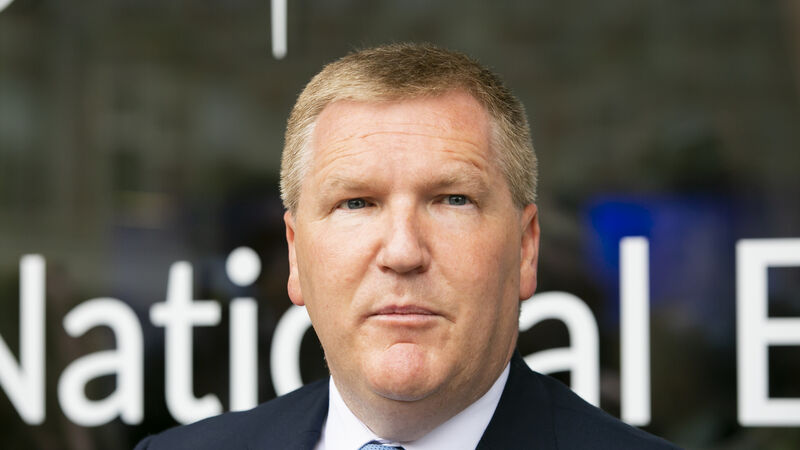McGrath indicates changes to tax bands but says budget will be 'prudent'

Minister for Finance, Michael McGrath TD during The National Economic Dialogue at Dublin Castle,, Dublin. Picture: Gareth Chaney/ Collins Photos
Finance Minister Michael McGrath has said the forthcoming budget will be “prudent” but indicated changes to the tax bands again.
Mr McGrath was speaking ahead of the National Economic Dialogue and said the Government is undertaking a review of the personal taxation code which will involve developing a new roadmap for the future of personal taxation in Ireland.














